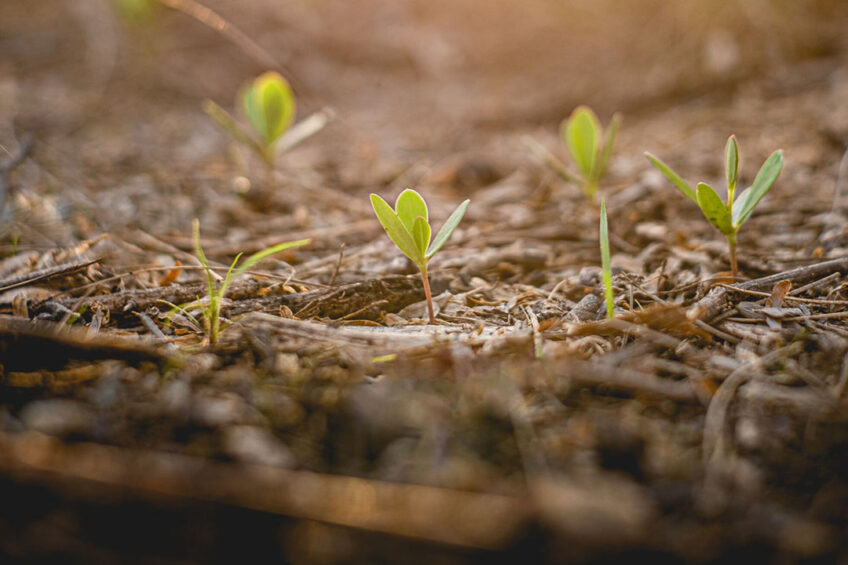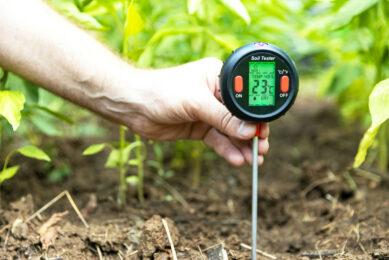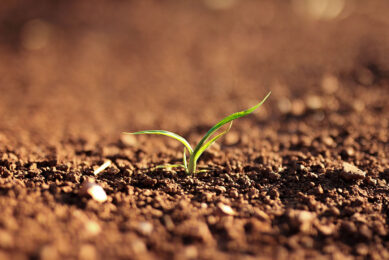Crop trials to diversify winter fodder for cattle and wildlife

Livestock farmers are leading new research into diverse winter grazing crops to cut feed and input costs while boosting soil health and biodiversity.
The new Innovative Farmers field lab trial will see farmers compare their usual winter forage of a single species brassica mono-culture with a diverse, 16 species fodder crop mix, including clovers, hairy vetch, ryegrass, spring oats, kale and linseed.
Reducing soil erosion
Their aim is to reduce soil erosion and create habitats for nature during winter grazing, while providing a nutritional crop that maintains animal health and performance.
It has been inspired by the success of the practice in New Zealand, and the hopes are that the benefits will include reduced erosion and run-off, higher worm counts, infiltration rates and water holding capacity.
Success could help farmers increase biodiversity, capture carbon, and protect their most valuable resource – soil.
The trial
The trial, involving 2 conventional and 2 organic farms, will monitor and measure the diverse crops potential to:
Maintain animal health, welfare and performance
Extend winter grazing and produce a second flush of grazing in the early spring
Improve soil quality for the following cropping season
Boost biodiversity by creating a habitat for multiple species like pollinators and invertebrates, including insects and seed that are sources for bats and birds
Reduce soil erosion, compaction and run-off sediment and nutrients into waterways
Decrease pest and disease pressure requiring fewer inputs
Reduce indoor housed winter feed, incurred costs and use of fossil fuels.
Plants work better in a community
Sarah Whaley, spokeswoman for the research partner, Farming and Wildlife Advisory Group (FWAG), said plants work better in a community, and diversity supports the beneficial symbiotic relationships both above and below ground.
“While conventional farming practices have relied on mono-cropping as a rule, there is much research around improved responses in soil health, animal performance and wider environmental benefits from bringing in diversity. Winter brassicas are valuable to farmers but this field lab aims to investigate if there is an alternative way that offers a multitude of benefits over forage value alone.”
Participating farmers
Chris Berry, who farms 180ha of sandy loam, free draining soil, close to Exeter in Devon, producing 900 breeding ewes and ewe lambs and 65 head sucker beef, said he was keen to improve soil fertility and livestock health.
Triallist George Greed, who farms a 230 hectare organic farms in Devon with 280 cows on a mix of alluvial soils, said he was keen to support biodiversity: “From producing shelter and food for wildlife and pollen for bees to providing a more diverse source of winter bird feed, I am interested to find out what benefits diverse fodder can provide.”
Rebecca Swinn, Innovative Farmers manager, said that if proven the trial could have a significant impact on farm resilience and environmental impacts across the UK: “Success could help farmers increase biodiversity, capture carbon, and protect their most valuable resource – soil.”









